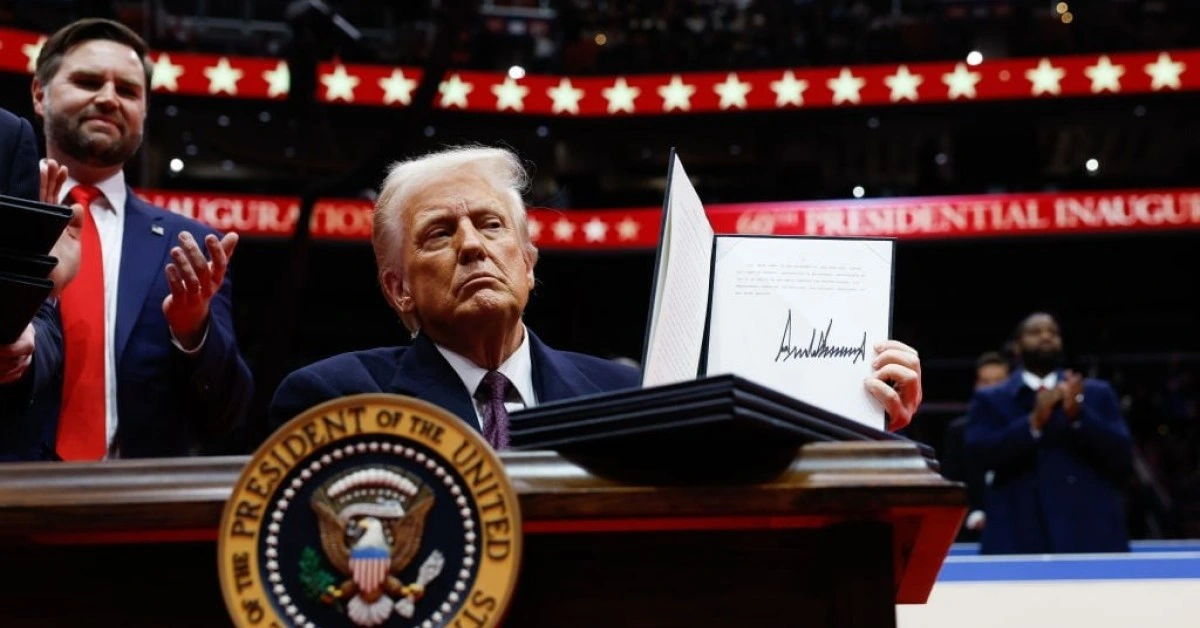
USA – US pharmaceutical trade organizations are cautioning that new tariffs, such as the 10% levy on Chinese imports, could significantly impact the healthcare sector by increasing drug costs, disrupting supply chains, and worsening existing drug shortages.
These concerns were raised by the Association for Accessible Medicines (AAM), which represents generic and biosimilar medicine manufacturers, and the Healthcare Distribution Alliance (HDA), a group representing pharmaceutical distributors.
Both organizations argue that generic drugs, which rely heavily on a global supply chain for raw ingredients and finished products, are especially vulnerable to these tariffs.
AAM highlighted that approximately half of the generic medicines used in the US are entirely produced overseas, with about 80% of active pharmaceutical ingredients (APIs) sourced internationally.
If tariffs disrupt these supply chains, manufacturers might struggle to produce or procure certain medicines, potentially making some products unavailable to US patients.
John Murphy III, president and CEO of AAM, emphasized the critical role of global supply chains in ensuring access to affordable medicines.
“The global supply chain for generic and biosimilar medicines is critically important for US patients,” he said.
He warned that tariffs on imports from countries like China, Canada, and Mexico could exacerbate drug shortages, noting, “Generic manufacturers simply can’t absorb new costs.
Our manufacturers sell at an extremely low price, sometimes at a loss, and are increasingly forced to exit markets where they are underwater.”
The organization also pointed out that generics account for 90% of all prescriptions filled in the US, yet the overall value of generic sales has dropped by US $6.4 billion over the past five years due to relentless pricing pressure.
AAM urged the Trump administration to consider policies and reforms that would strengthen the generic drug market, reduce healthcare costs, and maintain access to vital medications for American patients.
Adding to the concerns, HDA highlighted the potential strain tariffs could place on the pharmaceutical supply chain.
The organization warned that higher costs might force manufacturers to leave the market or pass on expenses to healthcare payers and patients, including those relying on Medicare and Medicaid programs.
“Distributors and generic manufacturers cannot absorb the rising costs of broad tariffs,” HDA said, noting that distributors already operate on slim profit margins of just 0.3%.
President Trump has also suggested imposing a 25% tariff on goods from Canada and Mexico, though this has been temporarily suspended for 30 days due to ongoing negotiations. Additionally, Trump has hinted that the European Union could be the next target for tariffs.
While one of the administration’s goals is to encourage companies to relocate manufacturing to the US, experts warn that this shift would take time and might not address the immediate consequences for patients.
To mitigate these risks, HDA is advocating for exemptions for pharmaceutical products and longer timelines for implementing any tariffs.
It emphasized the importance of maintaining the “safe and efficient delivery of approximately 10 million medicines and healthcare products every day.”
The trade organizations have called on the US government to prioritize patient access to affordable medicines and avoid measures that could destabilize the industry.
Instead, they are urging the administration to collaborate with the sector on constructive policies that support healthcare affordability and accessibility while addressing the challenges of global supply chains.
XRP HEALTHCARE L.L.C | License Number: 2312867.01 | Dubai | © Copyright 2025 | All Rights Reserved